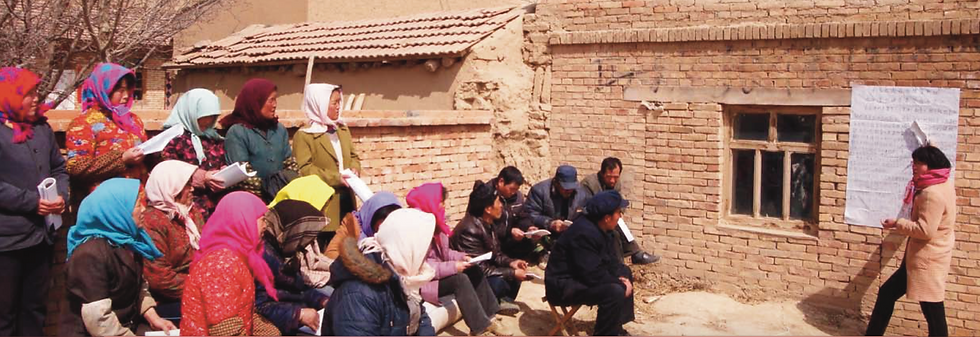
Teaching
Media & Events
Graduate Courses
International Peace and Security
[Maybe they can click into the course descriptions?] This course explores the dynamics of international peace and security. It covers both foundational and emerging theories in international relations, peace studies, and security studies. We will examine various explanations for war, and review the evolution of warfare and its varieties, including interstate, civil, and proxy conflicts. We contrast the perspectives of war-making as state building, with the perspective of peace building as state building. We cover contested meanings of security and review a range of security threats, including terrorism, environmental and climate security, cybersecurity, nuclear security, health security and changes in migration and the role of non-state actors. We examine post-WWII international systems and global order, including its organizations and norms, and discuss when and whether international peacekeeping interventions succeed, and how they interact with local peacebuilding, antiwar and nonviolent movements. Finally, we discuss the role of non-democracies in the global system and in international peace and security, specifically.
Community Advocacy, Organizations and Development
This hands-on and field-based course will focus on the Linda Vista neighborhood and examine, in turn, community development, community organizations, and community advocacy. The course begins by exploring the purpose and aims of community development, and clarifying basic concepts. Community is defined in geographically bounded and locally rooted terms, and development is conceived as raising the capacity of a community to plan and implement decisions about its own wellbeing. We will begin by examining our conception of individuals within a community, and examine our own positionality and preconceptions as we interact with a community. We will interact with the Linda Vista community, starting at the level of individuals and families that constitute the community, enter community spaces, observe and initiate conversations with community members to learn about their lives, aspirations, and challenges. In teams, students will, based on these initial conversations, identify a policy area that they wish to focus on for the rest of the semester, and think about how it intersects with the community we are studying. Students will conduct research on processes of community life and specific policy areas of relevance to the community. Next we will move to the level of community organizations. We will start to map out the community with its spaces, structures, organizations, and institutions, with a focus on participation and deliberative spaces. We will explore the concept of community-based organizations and NGOs, and reflect on the ways in which they do or do not represent the community and community voices. Special attention will be paid to community organizations as centers of knowledge for the community. Finally we will move to policy advocacy, studying the policy process, local bureaucracies and their agents, different forms, tactics and objects of advocacy. We will interact with policymakers and local and municipal levels, and within government departments focused on identified issues of relevance to the community. We will end by revisiting and reinforcing the essential elements of engagement with community development–love, hope and solidarity.
Foundations of Peace, Justice and Social Change
Applying a Gender Lens to Peace and Justice
Applying a gender lens to peace and justice exposes social and political forces that can hinder progress, and bring to light potentialities and resources that remain untapped. The study of peace and justice is incomplete without such a lens, as understanding gender and its relation to conflict and peace is critical to dismantling systems of oppression and building more sustainable peace in societies. In this reading group, students will embark on a collective and interactive learning journey that examines development, security, capitalism, and art activism through a gender lens. Students will be encouraged to apply a gender lens to the topics and work they are most interested in. The reading group will adhere to feminist theory principles that prioritize lived experiences, embrace the critique of long-held systems and structures, and are concerned with the intersections of sex, gender, race, discrimination, equity, and choice. Discussions will be open, informal, and a chance to learn from the experiences of students, faculty, and guest speakers. Above all, this course will enable students to uncover truths and interrogate the gendered dimensions of conflict, activism, and social change for a more complete understanding of contemporary peace and justice challenges.
Intervention Design
Nonprofit Board Governance and Development
Masters in Nonprofit Management Capstone course
Undergraduate Courses
Government and Politics of China
Issues in the Chinese Workplace
Media & Events
2025
Upcoming talk at the Kroc School
2024
Article: Kroc School Professor Leads Community Engagement Course in the Local Linda Vista Community.
Podcast: Kroc Pod: Space to Engage: Best Practices for Development that Lasts.
2023
Video: Introducing Dr. May Farid: New Kroc School Faculty Member Video
Article: Introducing Dr. May Farid: A Scholar-Practitioner Joining the Kroc School Faculty